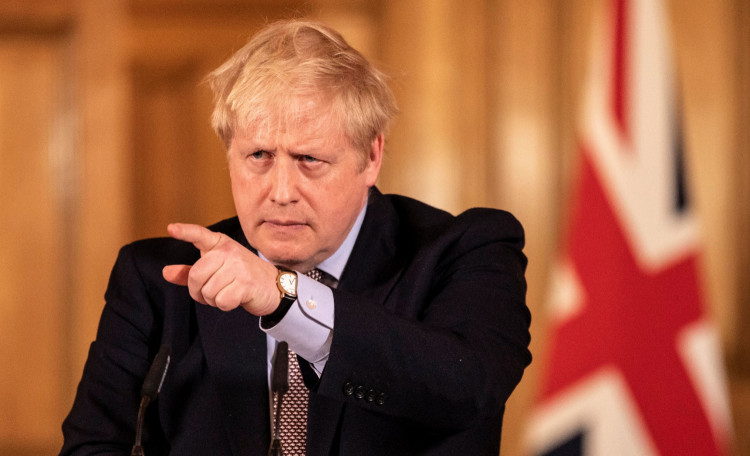U.K. Prime Minister Boris Johnson is expected to call on other G7 member states to speed up vaccine development to combat an increasing number of virus variants appearing around the world.
"The development of viable coronavirus vaccines offers the tantalizing prospect of a return to normality, but we must not rest on our laurels," the British leader said.
It took pharmaceutical companies roughly 300 days to reach the initial coronavirus vaccine, which Downing Street recognized as "a huge and unprecedented global achievement."
Johnson is expected to propose a goal to cut down this development time by two-thirds to just 100 days for future vaccine efforts, a suggestion put forth by the Coalition for Epidemic Preparedness Innovations earlier this year.
"By reducing the time to develop new vaccines for emerging diseases even further, we may be able to prevent the catastrophic health, economic and social repercussions seen in this crisis," a government official said.
At a virtual meeting with G7 country leaders on Friday, Johnson is also likely to announce Britain's commitment to giving future surplus vaccines to less developed countries as part of the COVAX initiative.
"As leaders of the G7 we must say today: never again," he added before the meeting, asking national leaders to prepare enough "vaccines, treatments and tests to be battle-ready for future health threats."
Less developed regions are at a disadvantage. One low-income country has received just 25 doses of the vaccine to date, according to the World Health Organization, while 49 developed nations have collectively received closer to 39 million.
The world is at risk of falling into "vaccine nationalism" if equal distribution between countries is not realized, the World Trade Organization's incoming chief Dr Ngozi Okonjo-Iweala said last week.






